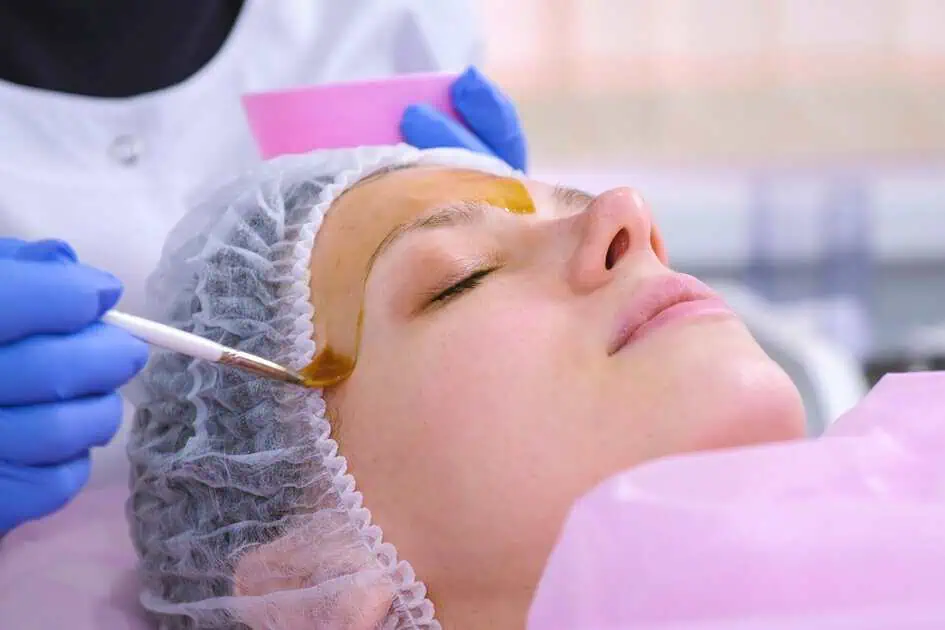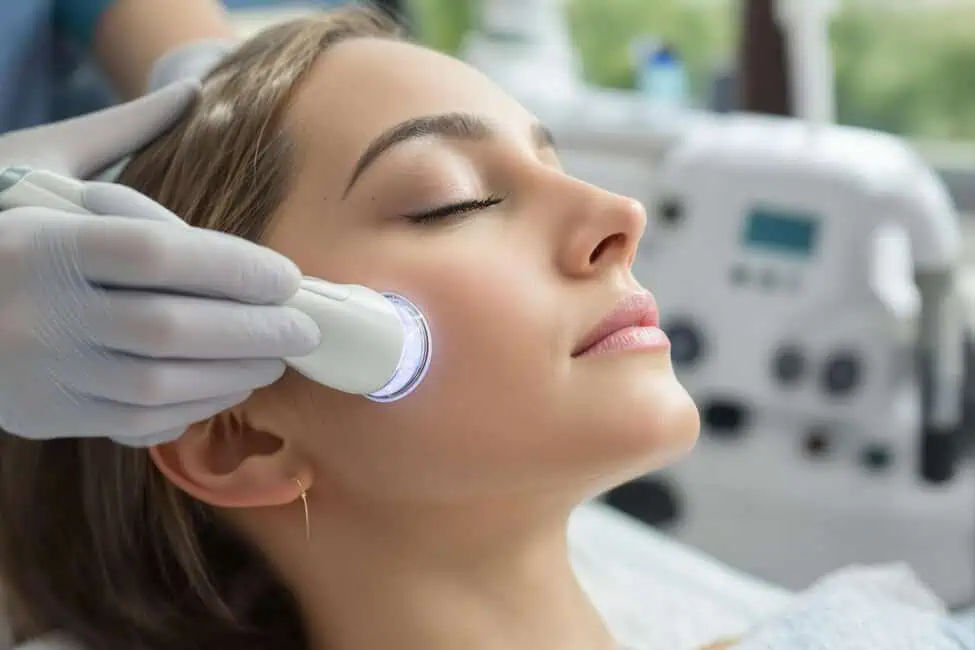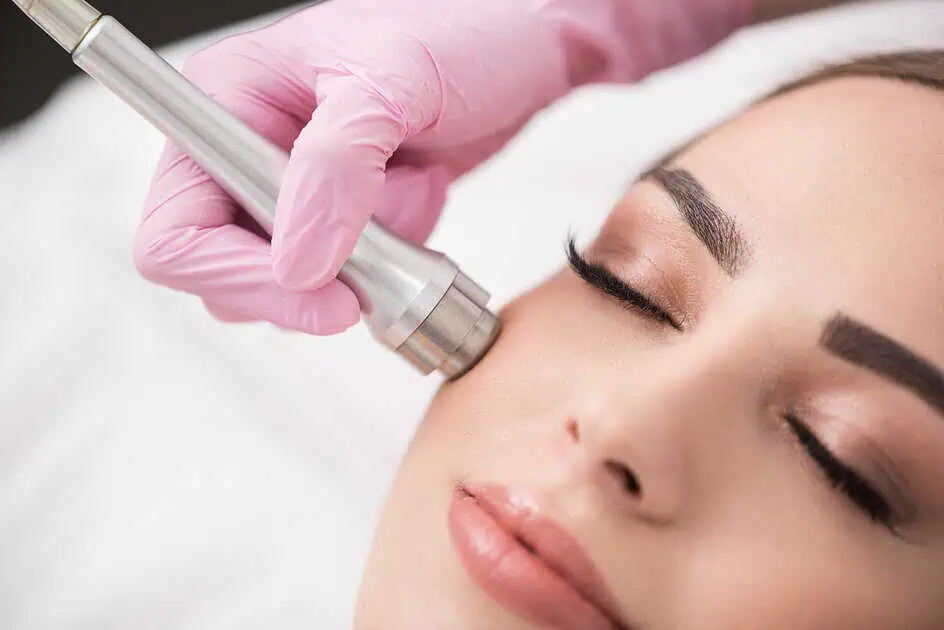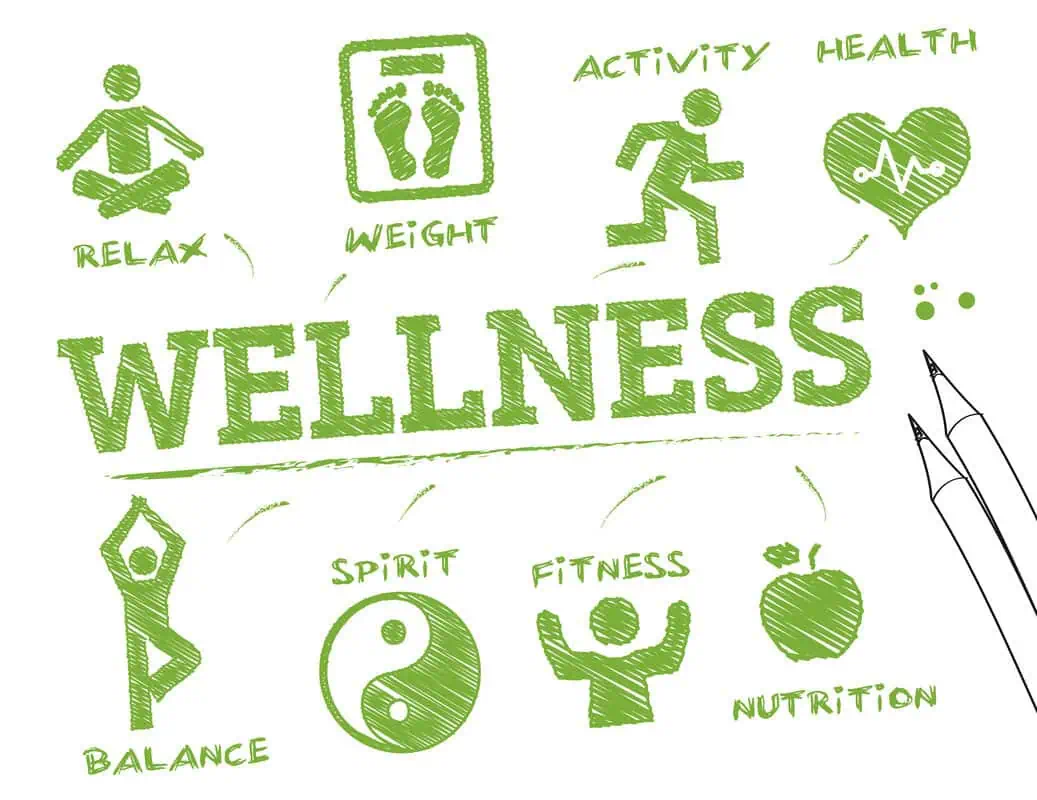Table of Contents
Urinary incontinence, while often discussed in the context of physical health, might have a less obvious connection to our mental well-being. Specifically, could there be a link between stress and this common condition affecting women’s health? It’s a question that beckons for a deeper understanding. Stress, an inevitable part of life, affects us in myriad ways, but its potential impact on bladder control is not typically at the forefront of our discussions. There is a connection that most people are unaware of. Is stress a hidden factor in the development or exacerbation of urinary incontinence in women? How might the pressures of daily life influence our physical health in ways we haven’t fully understood?
What is Urinary Incontinence in Women’s Health?
The term “urinary incontinence” describes the involuntary loss of urine. This condition can vary from a sporadic leak when you cough or sneeze to an intense, unexpected desire to urinate that prevents you from using the restroom in time.
Urinary incontinence comes in various forms, each with unique causes and traits. For example, stress incontinence happens when physical exertion or movement, such as coughing, sneezing, sprinting, or heavy lifting, puts pressure (stress) on your bladder and causes leaking. On the other side, sudden, strong urges to urinate are the hallmarks of urge incontinence, which is defined by an involuntary loss of urine. You can have frequent urination needs, even at night. Additional forms include overflow incontinence, which is characterized by a bladder that doesn’t empty, which can cause regular or continuous dribbling of urine, and functional incontinence, which is characterized by a physical or mental disability that prevents you from reaching the bathroom promptly.
This condition can be a challenging and embarrassing problem, and its impact goes beyond the physical symptoms. It can affect a person’s emotional, psychological, and social life, leading to decreased self-esteem, anxiety, and social withdrawal. Women are more likely to develop urinary incontinence, partly due to reproductive health events such as pregnancy, childbirth, and menopause, which can affect the urinary tract and its muscles.
How Stress Factors In Women’s health
The relationship between stress and urinary incontinence is a complex and intriguing study area. While stress is commonly understood as a psychological or emotional response to life’s challenges, its effects on the body can be pretty physical, including potential impacts on bladder control and function.
When we talk about stress in this context, recognize that it’s not just the everyday stressors like work deadlines or traffic jams but also chronic, long-term stress, which can have a more profound impact on our physical health. Chronic stress can lead to various physiological modifications in the body, including altered hormone levels and increased muscle tension. These changes can affect the bladder and the urinary system.
For example, stress can lead to increased activity of the sympathetic nervous system, which is responsible for the ‘fight or flight’ response. This heightened activity can lead to muscle tension, including in the pelvic floor muscles, which play a crucial role in bladder control. Over time, this tension could contribute to or exacerbate issues like urinary incontinence.
Furthermore, stress can also impact behaviors that indirectly influence urinary health in Women’s Health. For instance, people under a lot of stress might consume more caffeine or alcohol or might experience changes in their eating habits — all of which can have an impact on bladder function and health.
Is Stress The Cause of Your Urinary Incontinence?
Determining if stress is the cause of urinary incontinence can be challenging, as it involves untangling the complex interplay between mental and physical health factors. However, there are ways to explore this possibility.
Connecting the Dots
- When does it happen? See if your leaky moments line up with stressful days or anxious times.
- Other stress signals: Are headaches, tense muscles, or trouble sleeping joining the party? They might be clues.
Lifestyle Check
- What’s your day like? Consider how your daily choices (like that third cup of coffee) might play a role.
Getting Some Answers
- Chat with a doc: They’re the pros who can help figure this out. There are no guessing games here.
- Notes: Jotting down when leaks occur and what’s happening in your life could reveal some patterns.
Potential Solutions
At Earth Remedies Spa, they offer two specific treatments for urinary incontinence:
EmpowerRF:
- Combination of Technologies: EmpowerRF is a multifaceted machine that combines radiofrequency and electrical muscle stimulation (EMS). This cutting-edge technology is designed to address a range of women’s health issues, including urinary incontinence, pelvic floor weakness, and other related conditions.
- Radiofrequency Technology: This aspect of EmpowerRF involves using energy waves to heat tissue, which can lead to tightening of the vaginal tissues. It can be particularly beneficial in cases where urinary incontinence is related to the loosening or sagging of vaginal tissues.
- Electrical Muscle Stimulation (EMS): The EMS component of EmpowerRF aids in strengthening the pelvic floor muscles. Stronger pelvic floor muscles can provide better support to the bladder, potentially reducing incidents of urinary incontinence.
V Tone:
- Intravaginal Muscle Stimulation: V Tone uses FDA-cleared technology to provide intravaginally direct muscle stimulation to the pelvic floor. This stimulation type focuses on neuromuscular re-education, which is crucial in treating different types of urinary incontinence, including stress, urge, and mixed incontinence.
- Electrical Muscle Stimulation (EMS): Like EmpowerRF, V Tone employs EMS but focuses specifically on the pelvic floor. It delivers low-frequency electrical pulses that cause involuntary muscle contractions. These contractions help to strengthen the pelvic floor muscles, leading to improved control over urination and a reduction in the frequency and urgency of incontinence episodes.
Both these treatments represent a shift from traditional methods of managing urinary incontinence, such as pads or surgery, towards non-invasive, technology-driven solutions. They offer a way to address the underlying muscular and tissue weaknesses that contribute to urinary incontinence, providing a potentially effective option for many women dealing with this condition.
Takeaway
Struggling with urinary incontinence can be frustrating, but you’re not alone, and there’s hope. Earth Remedies offers revolutionary treatments for Women’s Health, like EmpowerRF and V Tone, which are designed to tackle the root causes of urinary incontinence. With these advanced, non-invasive therapies, you can say goodbye to the discomfort and uncertainty of incontinence.
Imagine a life where you’re free to do the things you love without worry. Whether playing with your kids, enjoying a workout, or simply laughing without concern, Earth Remedies can help you get there. Our EmpowerRF and V Tone treatments use the latest technology to strengthen your pelvic floor and restore confidence. Contact us today and consider an assessment to identify your concerns; we also offer other services that may benefit your health.









